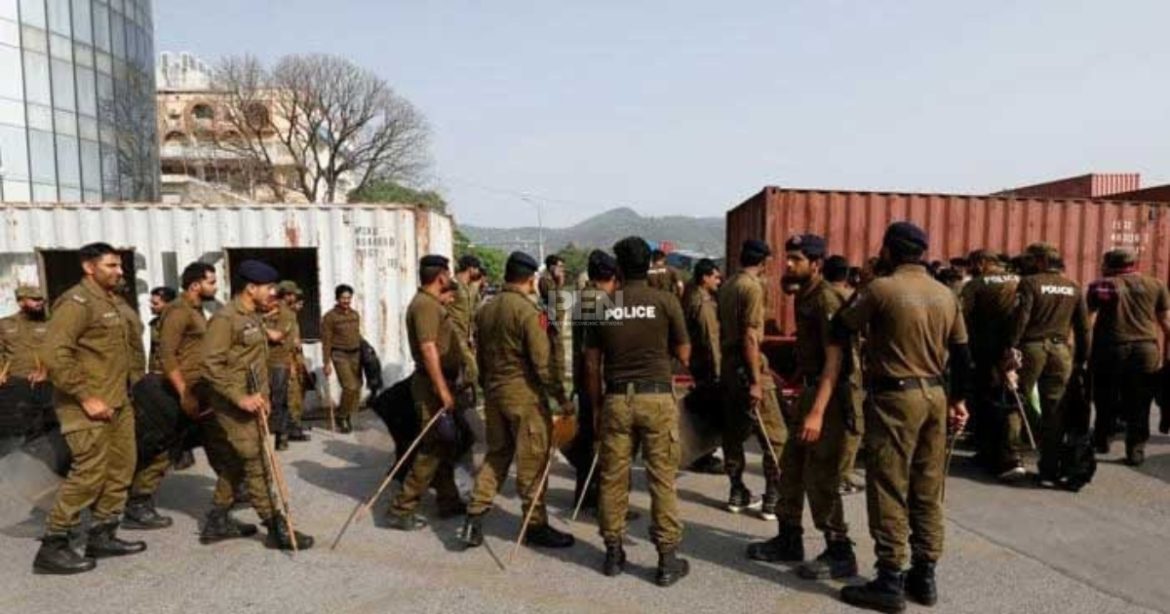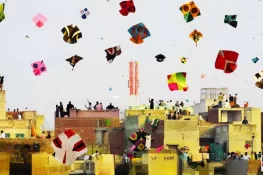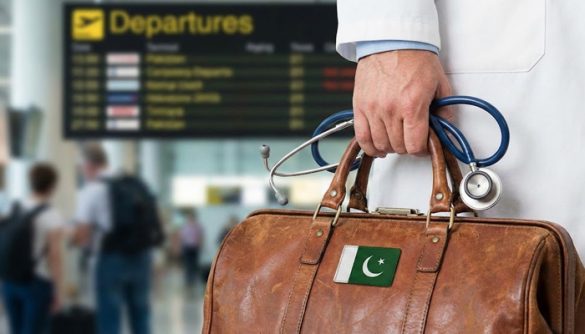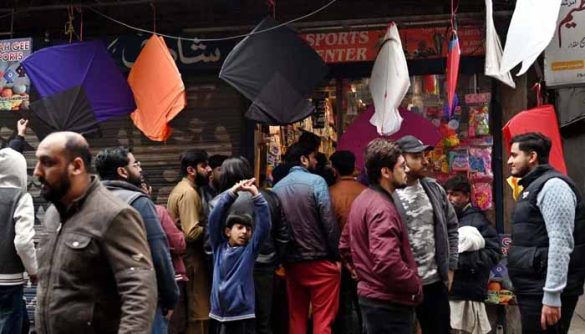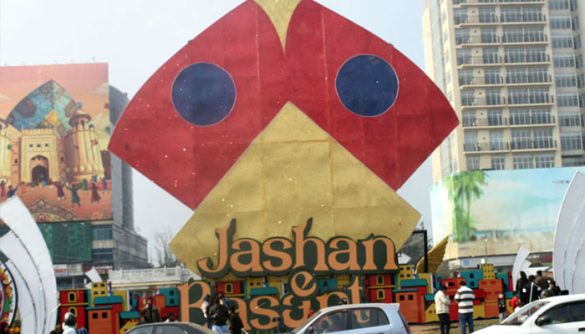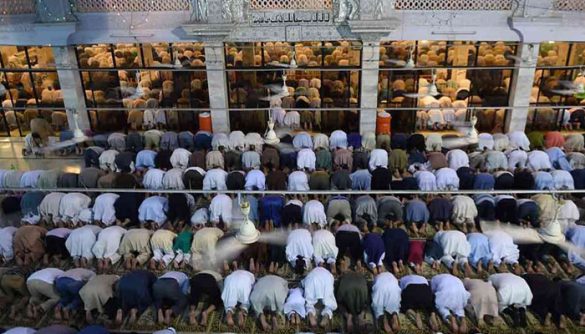Rawalpindi Streets Reopen
Daily life in Rawalpindi is gradually returning to normal after a four-day protest that shut down Islamabad and Rawalpindi by a prominent religious organization disrupted routine activities across the city. Educational institutions, which had been closed due to the demonstration, have now reopened. Meanwhile, traffic on major roads connecting Islamabad and Rawalpindi has resumed, allowing commuters to move freely after days of gridlock.
Authorities confirmed that traffic flow has been restored on central routes, including the busy Murree Road, which connects Rawalpindi to northern areas. Commercial activity has also resumed, with shops and markets reopening, signaling a return to normalcy for residents and business owners alike.
Key Roads and Transport Services
Although most major routes are now operational, some areas remain partially restricted. The route from Murree Road to Faizabad and the Islamabad Metro Bus service are still suspended as authorities conduct safety assessments and clear remaining obstructions.
Local sources report that IJP Road, Double Road, and the Expressway leading up to Ninth Avenue in Rawalpindi have been reopened for vehicular traffic. Traffic police continue to monitor these routes to ensure smooth movement and prevent further disruptions.
Schools and Commercial Centers Reopen
After the protest, schools and educational institutions have resumed operations, relieving parents and students who faced days of uncertainty. Similarly, commercial hubs, including local markets and retail shops, are now active. Shopkeepers expressed relief as business operations resumed, helping stabilize economic activity in the area.
The reopening of schools and markets also reflects a broader effort by authorities to restore public confidence and maintain order following the disruption.
Mobile and Internet Services Restored
In addition to physical infrastructure, mobile phone and internet data services that had been suspended during the protest are now fully operational. This restoration allows residents to reconnect with family, work, and emergency services. Authorities emphasized that the restoration of communications was a key step in easing tensions and ensuring public safety.
Moving Forward
Authorities have urged citizens to remain vigilant and adhere to traffic rules while using reopened roads. Security forces continue to monitor sensitive areas to prevent further protests from disrupting daily life.
The recent events in Rawalpindi highlight the impact that prolonged demonstrations can have on urban infrastructure, commerce, and public services. Officials are expected to review contingency plans to respond more effectively to similar disruptions in the future.

